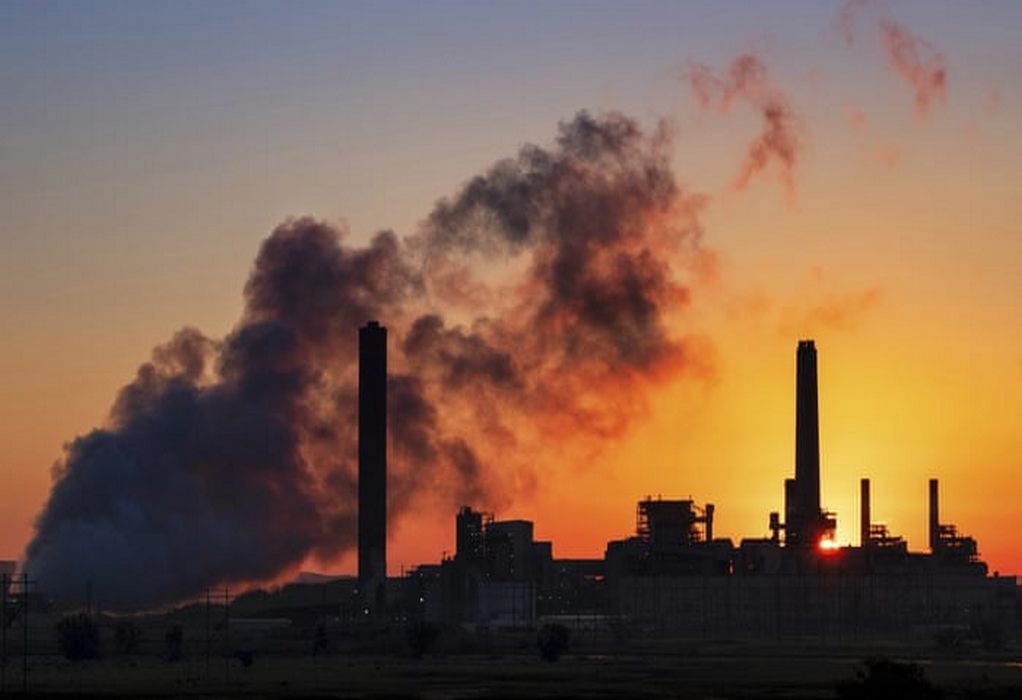In addition to navigating new and shifting methane emissions regulations, oil and gas producers are navigating new and shifting emissions detection technology.
ExxonMobil, the industry giant is launching an aggressive campaign to achieve net zero Scope 1 and Scope 2 greenhouse gas emissions from its Permian Basin assets by 2030 and company-wide among its operated assets by 2050. To that end, ExxonMobil has established its Center for Operations and Methane Emissions Tracking (COMET) in Houston, which will monitor sensors in the Permian Basin 24 hours a day, seven days a week.
As part of the evaluations, the company is installing state-of-the-art technologies across its 1.8 million-acre Permian Basin operations, from satellites and planes to stratospheric balloons to ground-based mobile and fixed-position sensors.
Installing ground sensors was the first step, with quantification of emissions the next. That effort is part of the collaboration with Scepter Inc., which will launch a stratospheric balloon early next year to survey ExxonMobil assets as well as satellite and airplane flyovers. The goal is to detect leaks – including “fugitive” methane emissions – and identify potential solutions.
One of the main challenges is integration of the data from those various technologies. The ultimate goal, for Exxon and other operators, is to capture that methane, keep it in pipelines and sell it.
Tags: COMET, Emission Detection, ExxonMobil



Recent Posts
Blue Marlin Becomes First Inland Cargo Vessel with Solar-Assisted Propulsion
ABB and Royal Caribbean Partner on 15-Year Deal to Drive Vessel Efficiency and Decarbonization
IET Establishes Centres of Excellence for Green Hydrogen and Electric Vehicle Research
SECI Cancels Green Hydrogen Hub Tender, Pauses Momentum on Flagship Mission
India Pushes Green Shipping and Sustainable Waterways in Northeast with ₹5,000 Crore Investment
Himachal Pradesh Plans Major Boost to Public Transport with E-Buses and Digital Upgrades
Ammonia-Fueled Container Feeder Design Marks Progress in Maritime Decarbonisation
ABS Develops Industry-Leading EV Battery Fire Simulation Modeling